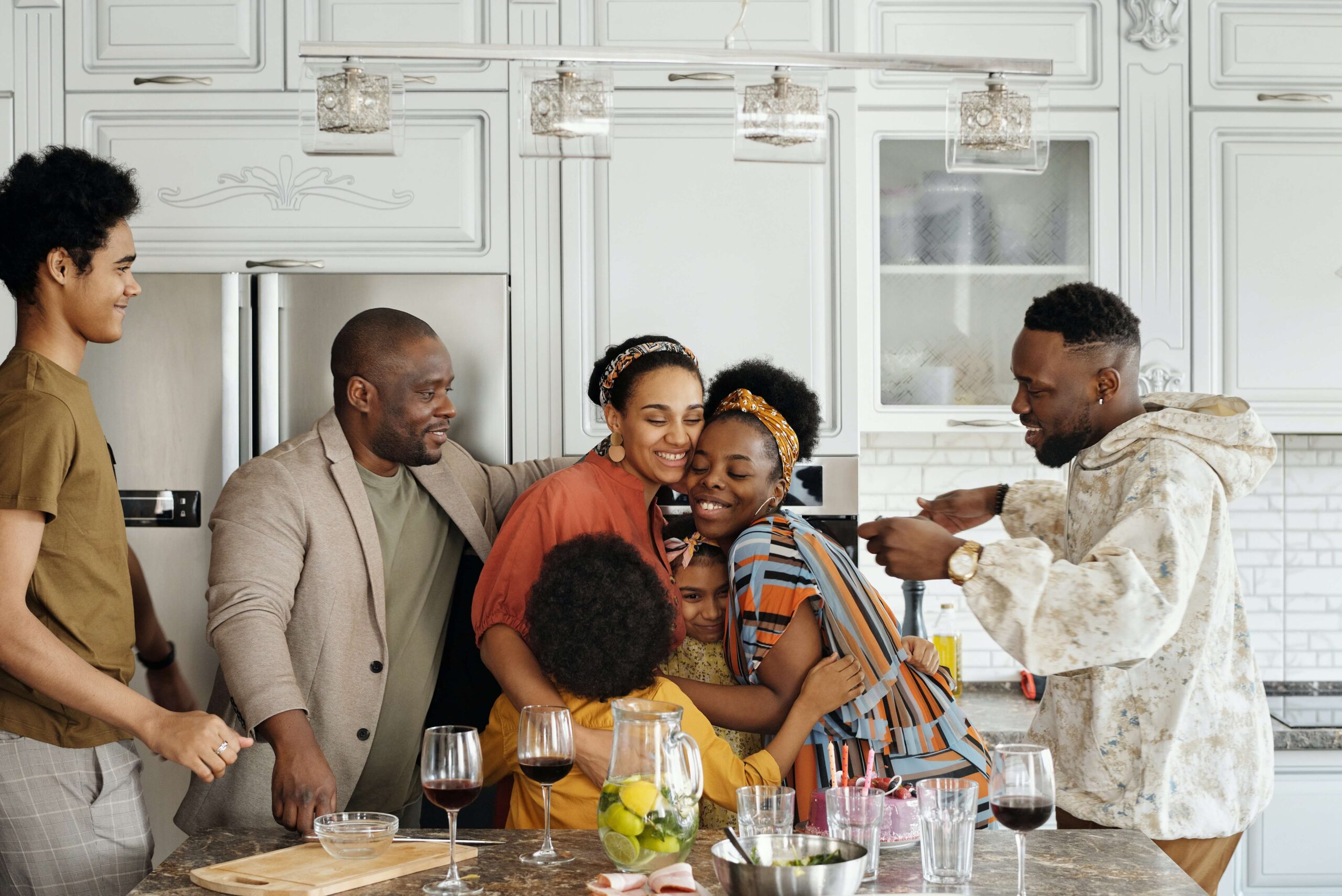Does guardianship override parental rights? Yes, guardianship rights may trump a biological parent’s preferences. However, guardianship and parental rights are interchangeable at times. The order placed is the main distinction. A guardian may therefore have custody of a child even though the parent retains parental rights. Then what happens when there is a disagreement between the two parties? Does one parent have more authority over the child than the other?
Guardianship vs. parental rights.
In some circumstances, guardianship rights may trump a biological parent’s preferences. This typically happens when the guardian has physical custody of the child. In this scenario, guardianship override parental rights. Rather, the parental rights are placed in suspension until the court deems it appropriate to reinstate them. The guardian will be in charge of making all significant choices regarding the child’s life during this time. Contact a child custody attorney for more details concerning how this works in your jurisdiction.
If there is ever a disagreement over where a child should live, the court will decide who has legal possession of the child. For example, in cases of divorce or separation, a custody arrangement could stipulate whose home a child would live in and how much time they’d spend there. The agreement also includes other care-related problems such as shared housing arrangements, financial responsibilities for medical and educational costs, and other financial commitments.
A court may grant legal guardianship to someone who is not a biological parent. It would grant an adult the authority to look after a child. Parents often act as guardians, but the court may intervene and name a different person if a parent is unable to do so or is otherwise unfit for the job. Even when another person is named a guardian, biological parents may still be able to exercise their parental rights depending on the situation. Nonetheless, under exceptional circumstances, a judge may suspend or withdraw these rights. If the child’s biological parents pass away, a guardian may also get custody.
Does guardianship override parental rights?
The first guardian of a child is their parent. However, a third party can be a guardian by order of the court or the parent’s intentions. The guardian takes charge as soon as the court grants the order. For the term of the court order, the guardian will also provide the kid with housing and care.
Do Parental rights override guardians’ rights?
The inherent power given to a child’s parents gives rise to parental rights. This implies that they have the final say on the child’s welfare. Unfortunately, not all situations result in permanent parental rights. For several reasons, a court may suspend or revoke these privileges. In most cases, a problem at home that jeopardizes the child’s bodily or mental health will have an impact on a parent’s rights.
What are the responsibilities of a child guardian?
The following are some obligations of a child’s guardian:
- Choosing a residence for the ward: As the child’s guardian, you have the right to bring the child into your home; but, you must first obtain the court’s permission if you want to take the child outside some states such as California. The court must also be notified at once if you move within the state. Guardians must abide by requests to appear in court, or for social workers or court investigators to speak with them.
- Taking care of the ward’s health: As the child’s guardian, it is your duty to take care of the child’s medical and dental requirements. Also, you have the power to give your approval for the majority of the child’s necessary medical and dental operations. Before approving any surgical operations that are not necessary in an emergency, the guardian must get a court order if the ward is 14 years of age or older.
- Getting the ward mental health treatment: As the child’s guardian, it is your duty to find the child a mental health specialist if the youngster seems to be experiencing mental health problems. Unless the court makes a directive, you are not authorized to admit the child to a mental health facility.
- Handling the ward’s education: As the child’s guardian, you have the power to choose the child’s school and are in charge of managing the child’s education. You must find the youngster any educational assistance they require, such as a math tutor, if necessary.
Guardianship limit
Just like parental rights, guardianship is revocable too. The parent has the authority to revoke the guardianship if chosen voluntarily. In addition, the duration of any temporary guardianships the court appoints will be in writing for documentation. Until the parents or the court take measures to end them, permanent guardianships continue for an arbitrary amount of time
Whether rights are more important in a situation depends largely on when they occur. However, the guardian takes charge of the child when the parental rights are revoked and the same goes for the guardian too. Nonetheless, in some jurisdictions, both parents and guardians have concurrent control over a child. To learn how the law applies, consult a knowledgeable attorney in your area.
Can the child’s legal guardian also be their parent?
A guardian is not legally a parent. Naturally, the guardian’s obligations and rights are not the same as parental rights. A guardian is a chosen nonparent who looks out for the child’s best interests. The parent may continue to have the authority to make important, long-term choices. Every guardianship has specific requirements that are present in a court order. The guardian frequently assumes parental roles despite not being a parent.
Do parents get to pick the guardian?
A guardian may be an option for a parent who needs help caring for their child. A wise decision might be to name a guardian. However, including this information in your parenting plan is one way to let the court know in advance who you want to be your child’s guardian. Alternatively, you can go to your court for the proper forms if you’re still living together with your spouse and want to name a guardian.
The parent of the child can ask the court to revoke a guardianship agreement at any time. They have the option of choosing a new guardian. To the dismay of the parents, the court may appoint a guardian if the child’s safety is in jeopardy.
Does guardianship result in adoption?
Adoption does not result from guardianship on its own. But, in some instances, a guardian may apply to adopt the child. This is a distinct procedure. However, adoption and guardianship are not the same.
A court reviews the status of the biological parents as part of the adoption procedure. So parental rights end after the child’s adoption and the guardian becomes the parent after the adoption is legally complete. While in this case guardianship does overrule parental rights.
Who pays for the child’s maintenance – guardian or the parents?
Parents occasionally provide support for the guardianship child. A child might be the beneficiary of an inheritance or receive government support as a source of income. The parent may be allowed to use this money for the child’s needs if they keep track of their spending. On the other hand, the guardian has to cover the child’s needs. Thus, a guardian does not automatically have more rights than the parent just because they spend money on the child.



